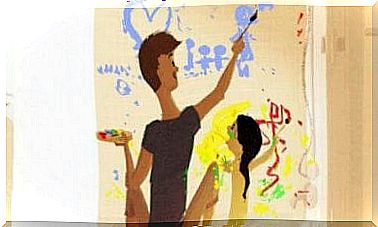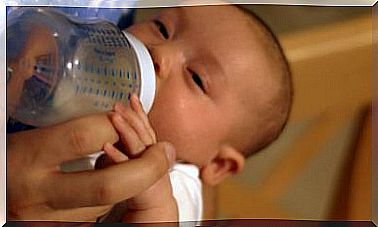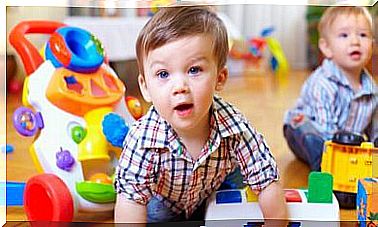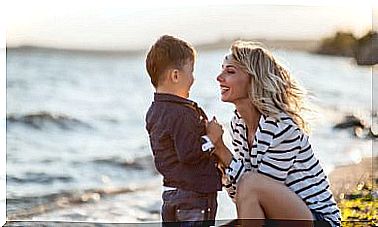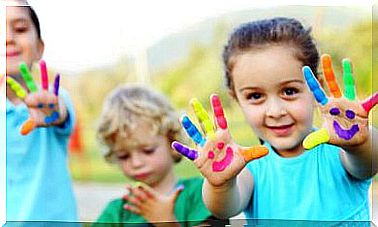Teach Your Child That Not All Things Should Be Taken Too Personally
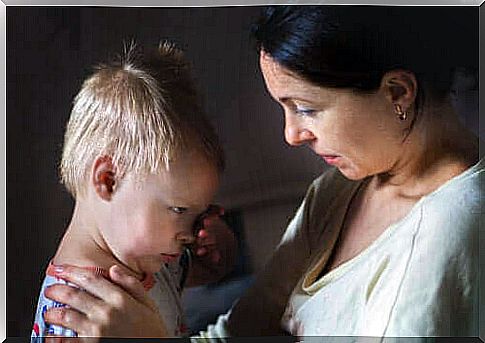
One of the most important responsibilities of parents is to provide their child with tools to help him or her cope with the different situations he or she faces during his or her life. Although the child is not always able to control what happens to him, he can still decide for himself how to react to the situation. For this reason, it is also good to teach him that things should not always be taken too personally.
This is often difficult for us adults as well. Sometimes we are too easily offended by other people’s words or actions and react to them thoughtlessly. In his book The Four Agreements , Miguel Ruiz encourages people not to take things too personally. According to him, this change is beneficial both for the person himself and for his social relationships.
While certain things should not be taken too personally, the child needs to be taught that no one is entitled to offend him or her or speak to him or her in an unpleasant tone. Certain situations are worth ignoring without paying too much attention to them, but there are also situations where you can and should defend yourself.
Teach your child that not all things should be taken too personally

It is not personal
It is important for the child to understand that the criticism he or she encounters is not personal. The comments or actions a person receives describe their words and author to themselves rather than their subject matter. Everything the other person does or says reflects his or her inner world. He who feels love loves; he who is happy produces happiness for others. In the same way, he who feels offended offends others and he who feels insecure intimidates others.
For example, if a child’s friend deceives your child, he or she should understand that this only and solely relates to the friend himself or herself and his or her values, and in no way to the child. The child should not have to question what he did to deserve such treatment, or how he could have avoided it. It’s not personal, there’s nothing wrong with him. The actions of other people only speak of themselves.
The child regains his strength
As a child grows, it is important to acquire the skill of self-control. Initially, overcoming impulses and mastering strong emotional states can be very difficult for a child. However, it is valuable for the child to learn to act rather than react.
When someone makes a provocative or unpleasant comment about us, it can be very difficult for our adults too not to defend ourselves. But for a child and a young person, it is even more difficult. This can lead to conflicts or disputes between siblings or peers. This is why it is important to make a child understand that by responding to what another is saying or doing, he or she is giving his or her power to decide his or her actions to that particular person.
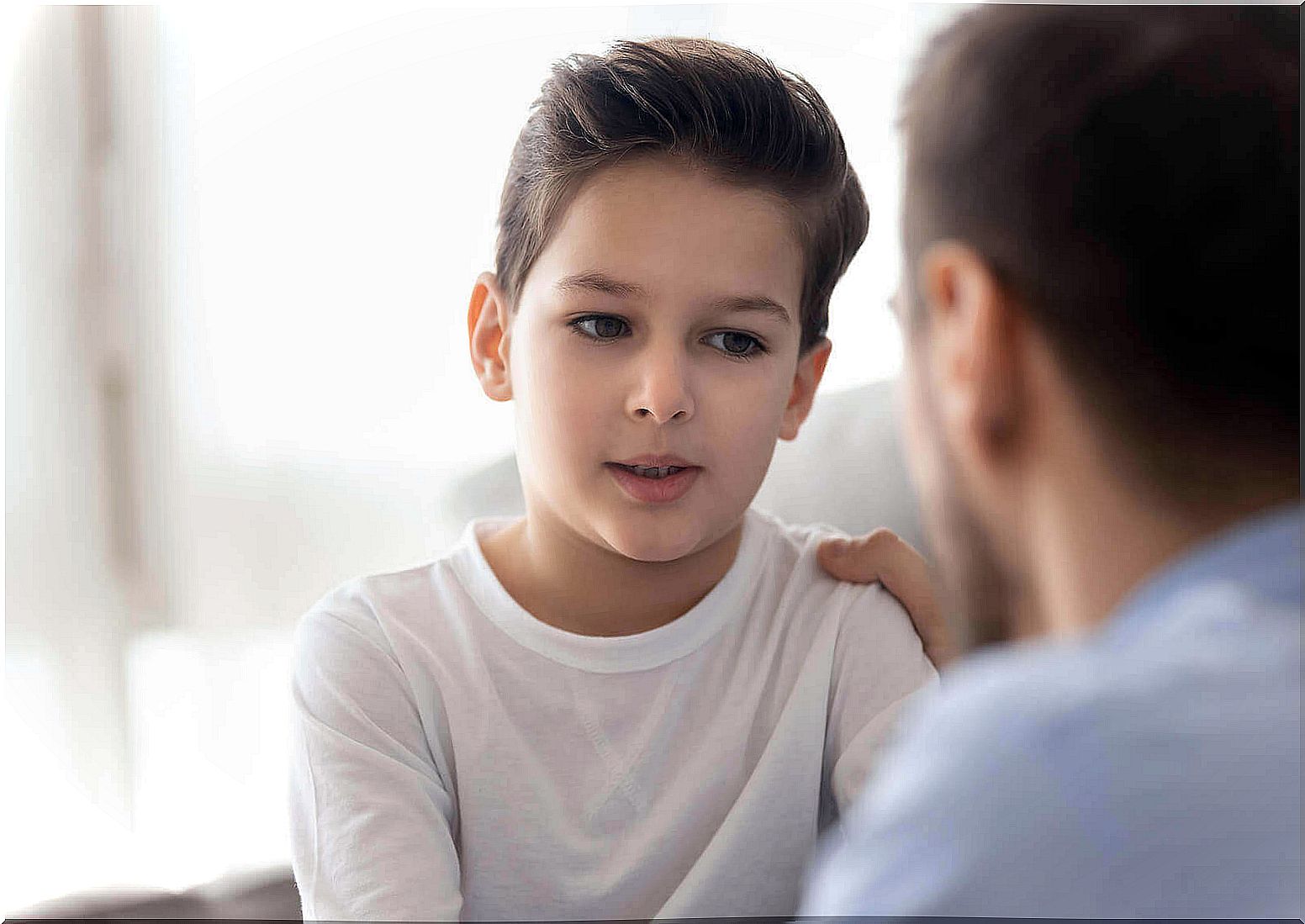
Maybe your child is usually kind, understanding, and polite, but when provoked, he or she may resort to similar behavior as the person who offended him or her. He may behave in a way he would not otherwise behave, and which he would not normally even accept, but which, however, could not be avoided when confronted with another person’s critical words. If a child learns that things should not be taken in person, he or she will be able to stay calm and decide how to act, rather than reacting automatically and disproportionately.
The child’s identity remains protected
Especially in adolescence, the child values the opinions and comments of other people and peers very highly. This makes a child feel vulnerable if his or her self-esteem is not strong enough. It is important for the child to understand that comments like “you are too skinny” or “you are so boring” are just words from the speaker’s perspective and are not true in reality. If someone treats you badly, there is something bad about that other person’s life and you haven’t deserved that kind of treatment under any circumstances.
We can’t control other people’s actions towards us, but we can choose what to do for them. If a person tries to give a gift to another and he refuses, the gift still belongs to the giver. The same is true with criticism and insults. If you refuse them and understand that they relate to the giver rather than to yourself, criticism and offensive words will remain with the giver. So these insults belong to other people, not to you. So helping children understand this important message from an early age.

